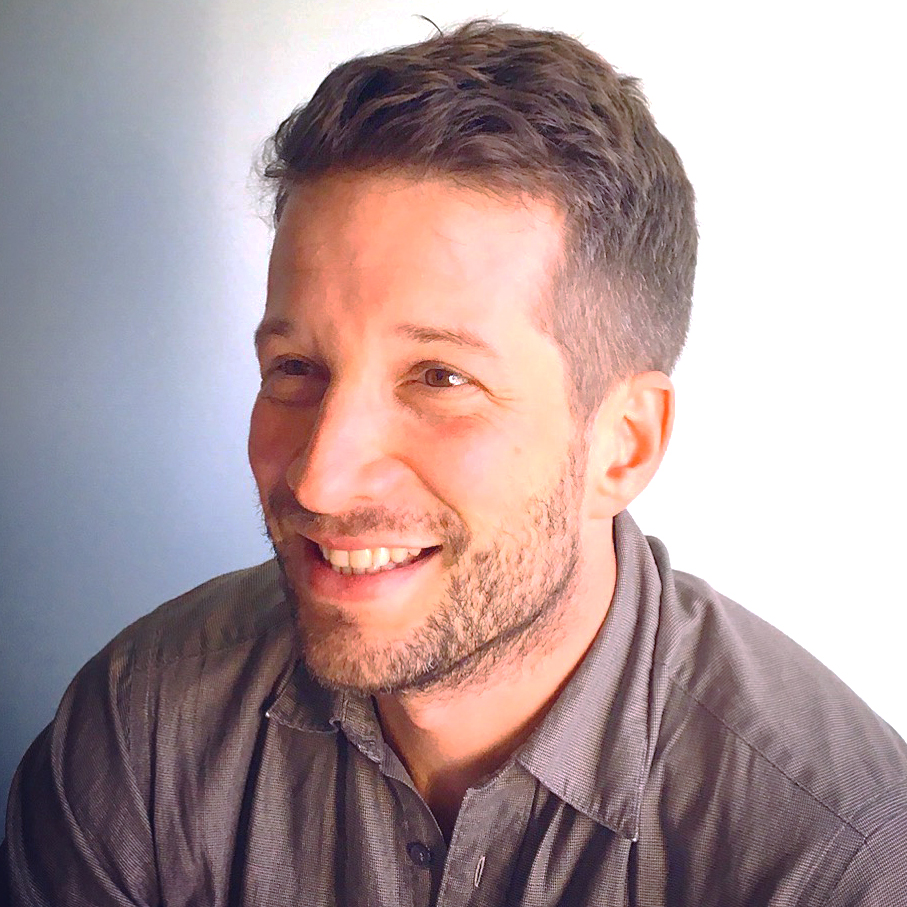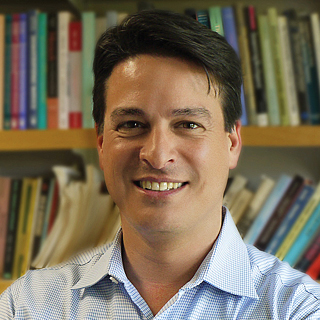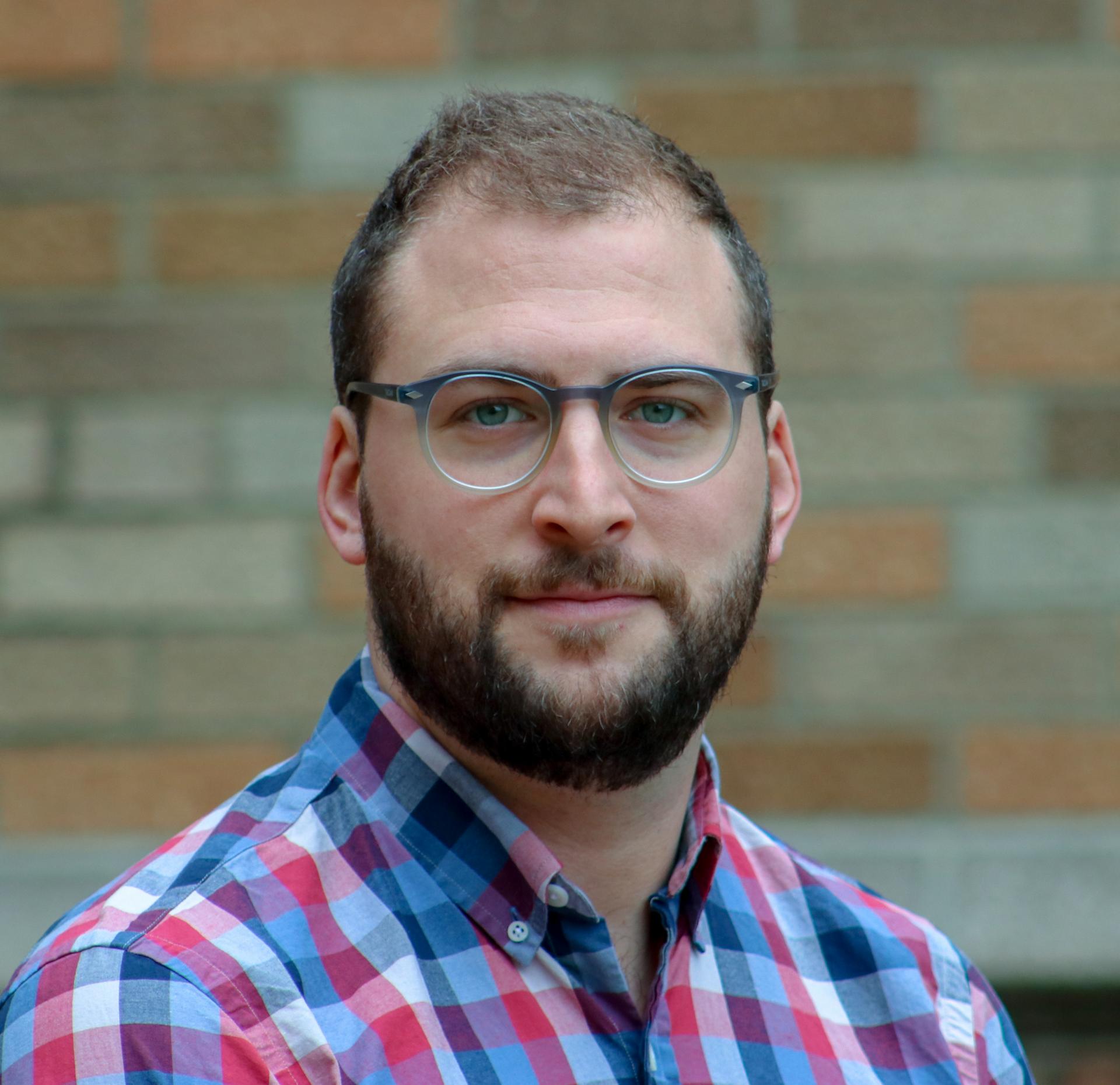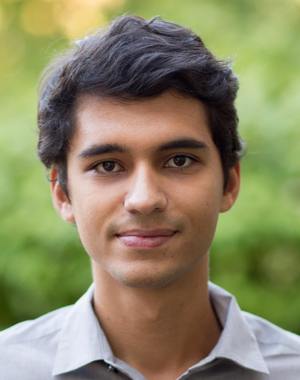Wednesday, October 16
Thursday, October 17
We encourage those who wish to attend the panels to read the papers beforehand, as participants will only give a very brief presentation with the aim of maximizing time for discussion.
Please register here
8:30 - 10:30 am Hesburgh Center Room C103
Panel 1: (Re)defining corruption
Byron Villacis, University of California, Berkeley - Development NGOs and the historical introduction of corruption as a problem of public policy: the cases of Mexico and Ecuador.
Nino Bariola, The University of Texas at Austin & Luis Manuel Olguin, University of California Los Angeles - Towards a relational theory of corruption. The case of the CNM Audios in Peru
Leslie MacColman, University of Notre Dame - Collecting Taxes, Currying Favors, and Getting the Job Done: Police Corruption in the City of Buenos Aires, Argentina
Alex Diamond, The University of Texas at Austin - Clientelism Beyond Party Machines: Patronage and Politiquería in Rural Colombian Mayoral Election
Discussant: Erin McDonnell
Break
11:00 am - 12:30 pm Hesburgh Center Room C103
Panel 2: Corruption Effects on Politics and Development
Discussant: Aníbal Pérez-Liñán
Break
Panel 3: Corruption, Institutions, and Populism
Discussant: Manuel Balán
Closing Remarks
Corruption has been a major concern for contemporary state-building and development and is currently at the front of major political changes in several countries and regions. However, there is still very little space for debates on academic work on corruption from an interdisciplinary point of view. This workshop invites scholars from a range of disciplines - including anthropologists, economists, political scientists, and sociologists - to discuss their work and advance a common research agenda on corruption as a social problem. Furthermore, this workshop is conceived as a potential stepping stone for the creation of a network of researchers interested in corruption from different perspectives, which can spark vibrant discussions and future meetings to debate on this polemic and important topic.
This is a preconference workshop preceding the Sociology of Development Conference taking place at the University of Notre Dame October 17-19, 2019.
Wednesday, October 16 • 5:30 pm
Hesburgh Center Room C103
Reexamining Corruption through an Interdisciplinary Lens
Keynote Speakers:
"Anti-Corruption Reform: A Research and Policy Agenda"
This talk brings together the wide interdisciplinary literature on corruption, distilling from it three insights: First, corruption persists because people need to engage in corruption to meet their needs. This is the resource challenge. Second, corruption persists because there is uncertainty over what constitutes a gift and what constitutes a bribe, as well as confusion over what is private and what is public. This is the definitional challenge. And third, corruption persists because of pressure to behave in ways that are considered moral according to alternative criteria, such as taking care of one’s kin or standing up to legacies of racism and oppression. This is the alternative moralities challenge. We assess the effectiveness of three existing approaches to anti-corruption reform in meeting these three challenges: the principal-agent approach, which focuses on monitoring and punishing corrupt individuals; the "big bang" approach, which advocates the need for changing an entire society rather than concentrating on individuals; and the "islands of integrity" approach, which begins from the observation that even in highly corrupt societies, there exist some organizations that are not corrupt, and asks what can be learned from these organizations. Each approach has strengths and weaknesses, and the talk concludes with a research agenda for each of the three approaches.
Monica Prasad is a sociology professor at Northwestern University, where she is a faculty fellow at the Institute for Policy Research. She specializes in comparative-historical sociology, economic sociology, and political sociology...

"Understanding the Politics of Grand Corruption in Latin America"
Few if any issues pose as many challenges to researchers as the study of corruption. The reasons are multifold, but two aspects stand out. First, corruption (a concept that is notoriously difficult to define) encompasses an array of practices potentially carried out by very different actors, in very different settings and areas, and at very different levels. Second, corruption is also inherently secretive in nature, as those involved in corrupt acts have many incentives to keep their actions under wraps. Therefore, in studying corruption we are faced with very limited information on an array of very diverse actions. In this talk I will develop the path and strategies that I have followed to understand (or rather TRY to understand) the political dynamics behind a very specific—and arguably impactful—type of corruption: grand corruption; usually understood as acts and allegations of acts by major, usually elected, political figures involving wrongdoings in office for personal gain. In presenting my research on corruption scandals in Latin America I will argue that the study of corruption needs to be disaggregated and that different categories require an emphasis on diverse sources of information, a focus on specific actors, and the deployment of different theoretical and methodological tools. For the case of Grand Corruption, I will make the case to focus on the role of political competitive dynamics both within government and among political parties or coalitions, on the key role of the media and media coverage of corruption, and on employing mixed methods approaches given the difficulties in accessing reliable sources of data.
Manuel Balán is an associate professor at the Institute for the Study of International Development at McGill University, where his research addresses comparative politics with a regional focus on Latin America...
Moderator:

Paolo Carozza is the director of the Kellogg Institute for International Studies and professor of law and concurrent professor of political science at the University of Notre Dame. With expertise in comparative constitutional law, human rights, law and development, and international law, he focuses his research on Latin America, Western Europe, and international themes more broadly...

Tomás Gold
Tomás Gold is a PhD student in the Department of Sociology at the University of Notre Dame. His main work has been focused on the dynamic interaction between social movements and political parties. He has studied their patterns of mutual influence in Argentina and Brazil and is currently engaged in a project with Professor Ann Mische to study how parties and leaders reacted to – and took advantage of – anti-partisan protests in the last global wave of contention...

Luiz Vilaça
Luiz Vilaça is a PhD student in Sociology at the University of Notre Dame and a Kellogg PhD Fellow. His research cuts across organizational, political, and cultural sociology. His work focuses on anti-corruption reform, institutional change, and the effects of corruption investigations on public opinion and voting behavior...





